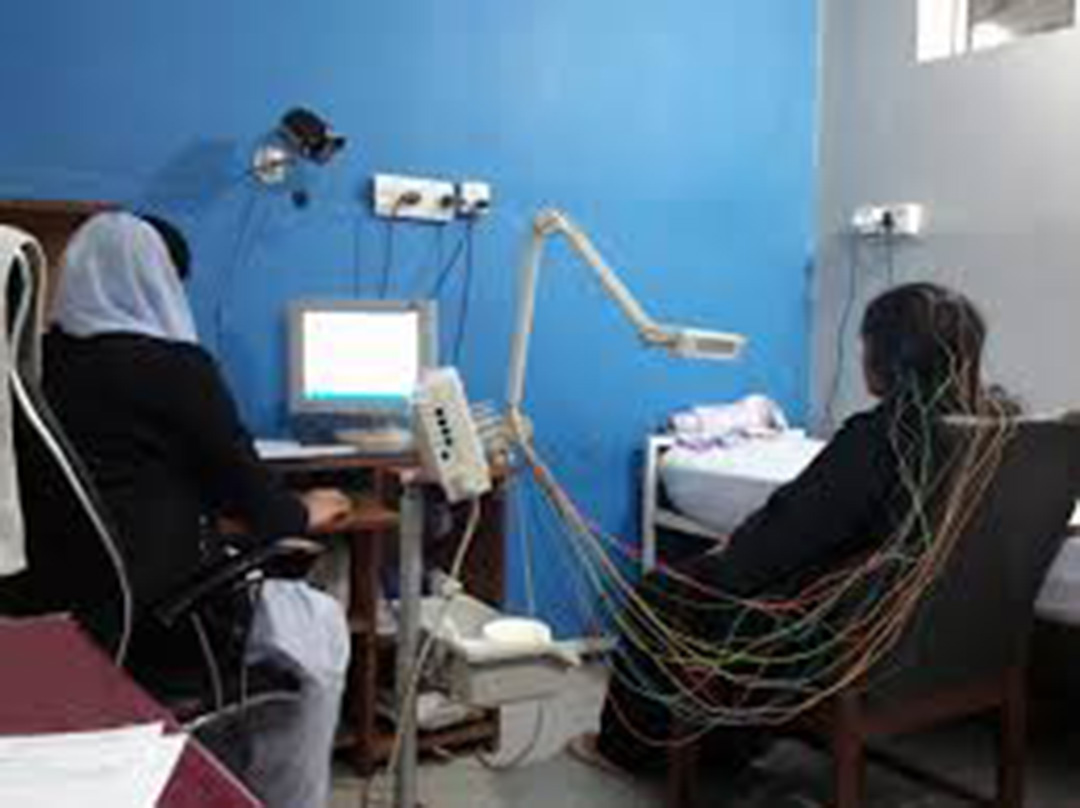Neuropsychiatry is the combination of Psychiatry and Neurology that deals with mental disorders, which in most cases can be shown to have their origin from an identifiable brain malfunction. Psychiatrists have laid claim to illnesses of the mind. Major Neuropsychiatric Conditions include the following: Addictions, Eating disorders, Degenerative diseases, Mood disorders, Neurotic disorders, Psychosis & Sleep disorders. Addictions Addiction is a condition in which a person engages in use of a substance or in a behavior for which the rewarding effects provide a compelling incentive to repeatedly pursue the behavior despite detrimental consequences. Addiction may involve the use of substances such as alcohol, inhalants, opioids, cocaine, nicotine, and others, or behaviors such as gambling; there is scientific evidence that the addictive substances and behaviors share a key neurobiological feature—they intensely activate brain pathways of reward and reinforcement, many of which involve the neurotransmitter dopamine. Both substance use disorders and gambling behaviors have an increased likelihood of being accompanied by mental health conditions such as depression and anxiety or other pre-existing problems. Substance use and gambling disorders not only engage many of the same brain mechanisms of compulsivity, they respond to many of the same approaches to treatment.
